Scorkl - Breathe Underwater Without Scuba Certification - A Potentially Dangerous & Deadly New Device
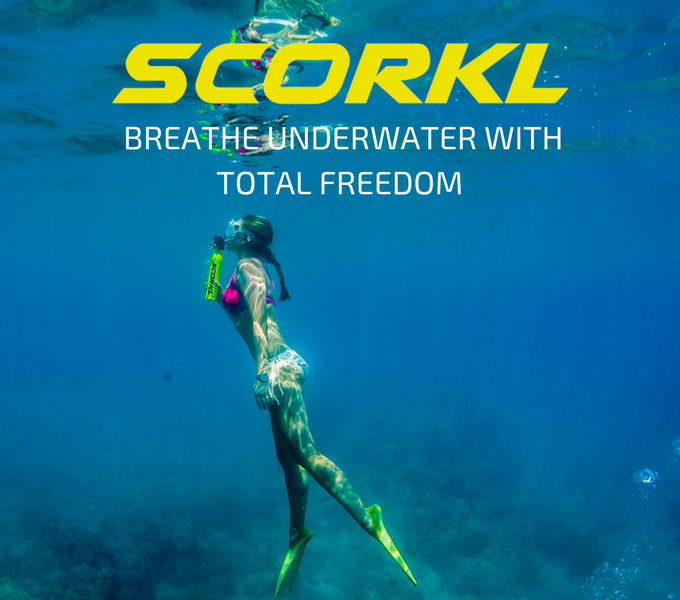
I just came across this today on my Facebook feed just a few hours ago. It looks like a lot of fun doesn't it?! Scuba dive without a license!
As an advanced PADI scuba diver, I do not support this device whatsoever. This new Kickstarter device is a potential dangerous device for the untrained scuba diver.
Scuba diving is a serious hobby and you must be certified in order to go scuba diving. This device is bypassing all the safety regulations of scuba diving certification. This company does acknowledge the risks and states restrictions in their FAQs, but honestly, you know that their will be some dump a$$ that will ignore their risks and won't care about the restrictions. I think this company has future lawsuits in their sights, regardless of their warnings.
In their FAQs, it states that the maximum depth of this device is 20 meters or 65.6168 feet and about 10 minutes of breathing time max at 1 ATM (Atmosphere) every 33 feet down is 1 ATM. This device has a maximum operational depth of 3 ATM. Please see image within this article.
Scroll below where I have some screenshots from their FAQs closer to the bottom of this article.
This is there kickstarter page: https://www.kickstarter.com/projects/1897301425/scorkl-breathe-underwater-with-total-freedom
Let me explain why this device has the potential to cause serious injury or even death.
Rules of Scuba Diving:
You should not exceed more than 30ft/minute. - I can see drunk college idiots or just ignorant people exceeding this. You know someone out there is going to want to try to go as deep as possible with one of these, possibly run out of air , holding their breath and shoot back to the surface as fast as possible. -- Decompression sickness and/or Pulmonary Barotrauma anyone?
When scuba diving, you must always breathe continuously and never hold your breath! Slow and deep breathes...
Surface Interval - You must have enough surface interval depending on the depth (See dive tables below) in order to release the excess nitrogen from your body. I can see careless people not heeding the warnings from this company, where if they are not scuba certified, they will pump up the Scorkl with the hand pump. According to the FAQ, it takes about 12 minutes to do so, or you can use a scuba tank and refill one in seconds. Those with scuba tanks, already certified, are not the people I am concerned about, since they know of the potential dangers of this device. It's the ones that are not certified and may do something stupid, like keep pumping it up after 1 trip...and continue for who knows how long and it if they go deep, that will just exacerbate any potential dangers.
Refilling your scuba tanks by a dive shop certified in refilling air. This device does allow you to refill Scrokl with a scuba tank, but it also allows you to fill it up with their hand pump. Contaminated air is a serious issue and the company does warn about it in their FAQs.
WHAT IS A PULMONARY BAROTRAUMA?
"Barotrauma refers to a pressure-related injury. The word pulmonary refers to your lungs. A pulmonary barotrauma may also be called: lung over-expansion, burst lungs, or exploded lungs."
HOW GREAT OF A PRESSURE CHANGE IS NEEDED TO CAUSE A PULMONARY BAROTRAUMA?
"Very small changes in pressure can cause a pulmonary barotrauma. Because the lungs' air sacs are so tiny and thin, even the pressure that occurs over a few feet can cause injury if air is trapped in the lungs."
"Divers should remember that the greatest pressure change underwater is near the surface, so all divers, regardless of depth, are at risk for a pulmonary barotrauma. Pulmonary barotraumas have even been documented in swimming pools."
"WHAT ACTIONS AND CONDITIONS CAUSE A PULMONARY BAROTRAUMA?
There are three main causes of pulmonary barotrauma.
Breath holding
If a diver holds his breath and ascends as little as 3-5 feet, he is at risk for a pulmonary barotrauma. While most divers know they the shouldn't hold their breath underwater, panic, out-of-air situations, sneezing and even coughing can cause a diver to inadvertently hold his breath underwater. Remember that underwater, the simple act of holding your breath will frequently cause you to become positively buoyant and ascend, so it is best to avoid breath-holding while scuba diving.Rapid ascents:
The faster a diver ascends, the more rapidly the air in his lungs will expand. At a certain point, the air will expand rapidly enough that it can not efficiently exit a diver's lungs, and some of the expanding air will become trapped in his lungs.Pre-existing lung conditions:
Any condition that can block and trap air in the lungs can lead to a pulmonary barotrauma. Even conditions such as asthma which only partially obstructs air from exiting the lungs can prevent expanding air from exiting the lungs efficiently on ascent. This includes temporary conditions, such as bronchitis or a cold, and permanent conditions such as scars, fibrosis, and tuberculosis. Aspiring divers with a history of lung problems should undergo a full medical exam by a doctor knowledgeable in diving medicine before undertaking scuba diving."
Source:
https://www.thoughtco.com/pulmonary-barotrauma-and-scuba-diving-2963056
Decompression Sickness (The Bends)
"During a dive, the increased pressure causes nitrogen from your breaking air to be absorbed, dissolving into your body tissues. The greater the pressure - that is the deeper you are - the faster nitrogen dissolves into your tissues. And, the longer you're underwater, the more time you give nitrogen to dissolve into your tissues. Therefore the two primary factors that influence how much nitrogen you absorb during a dive are depth (pressure) and time." -- Open Water Diving Manual - PADI
https://en.wikipedia.org/wiki/Decompression_sickness
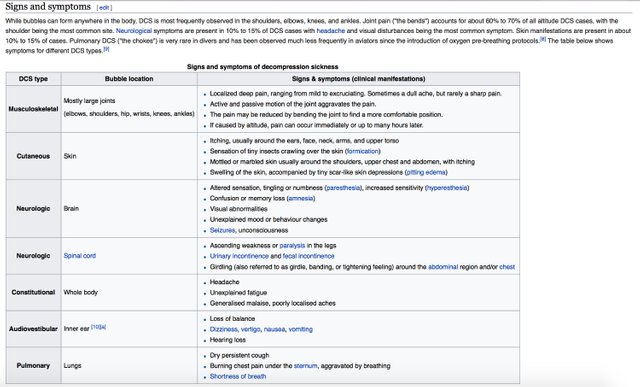
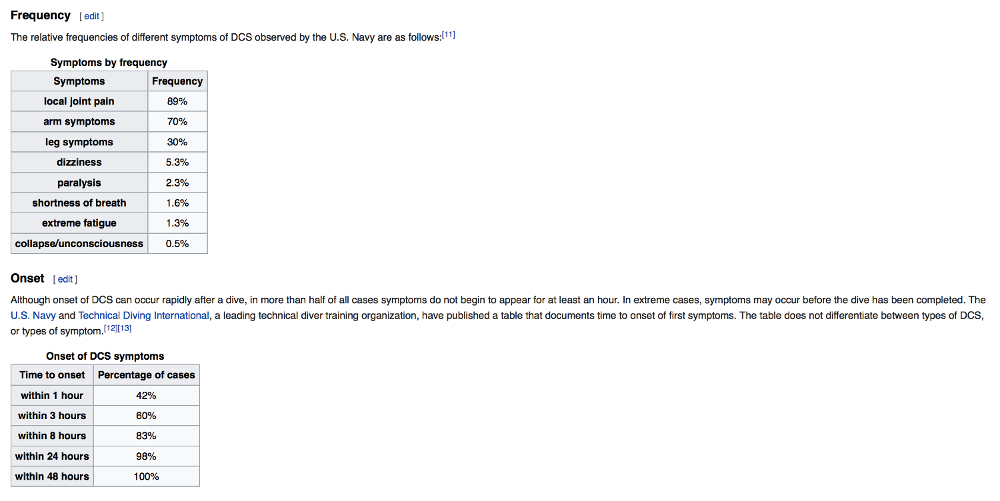

Boyle's Law & Scuba Diving

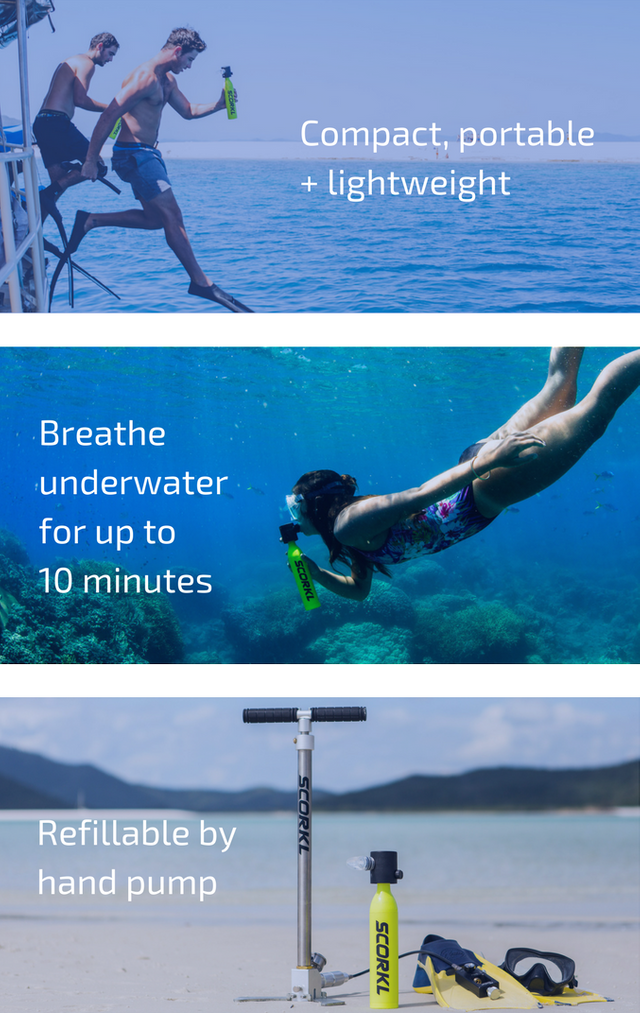
Dive Tables:
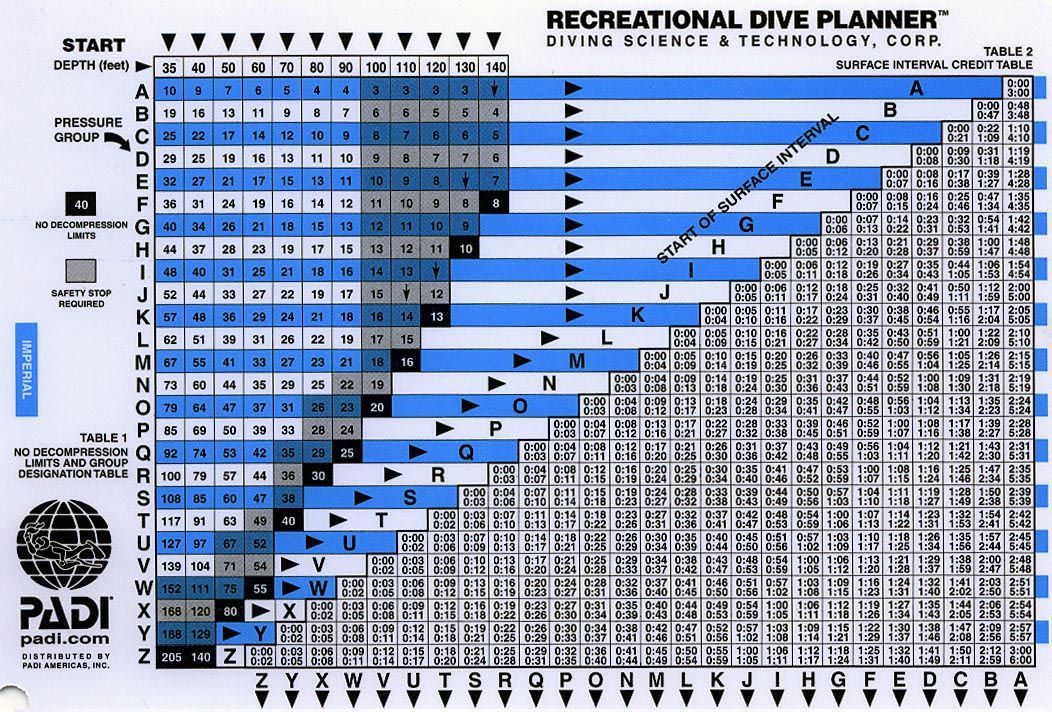
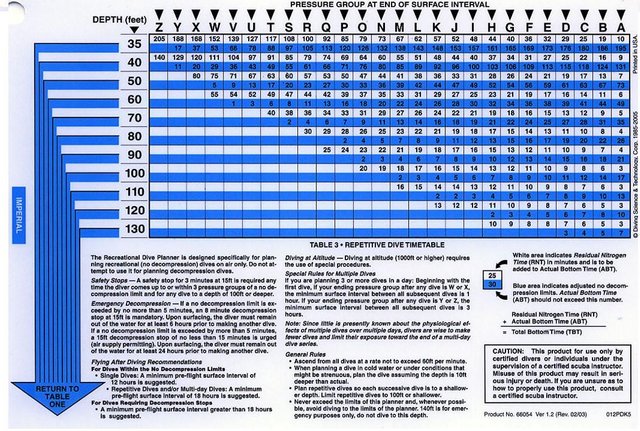

I took some snapshots of some of their FAQs from their kickstarter page.


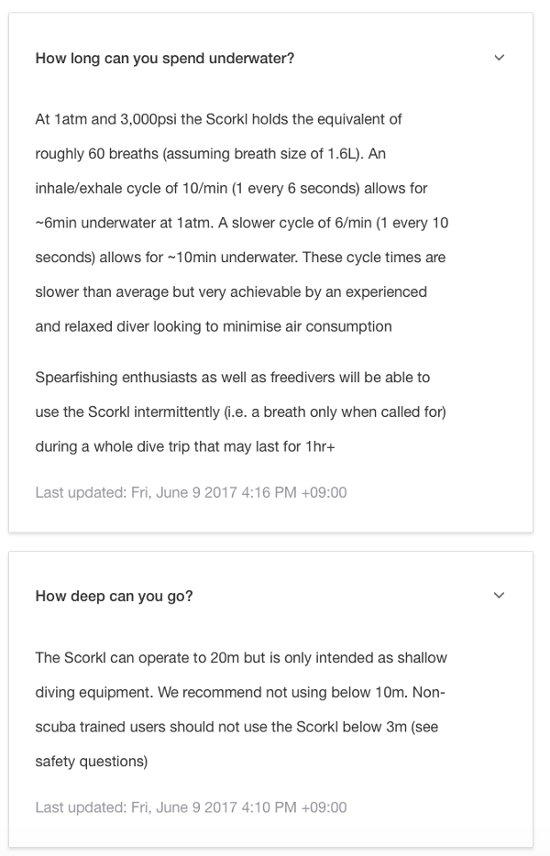
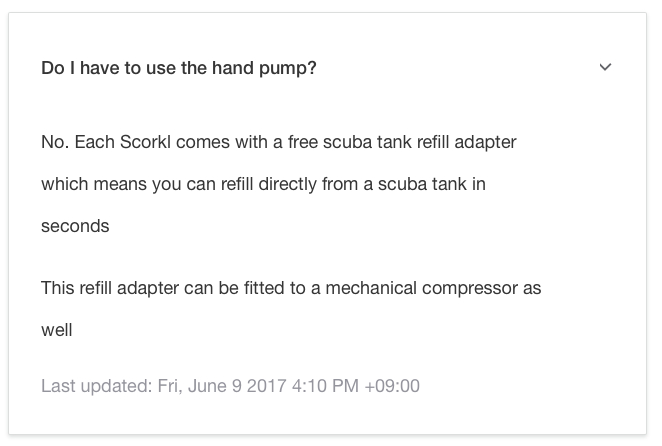
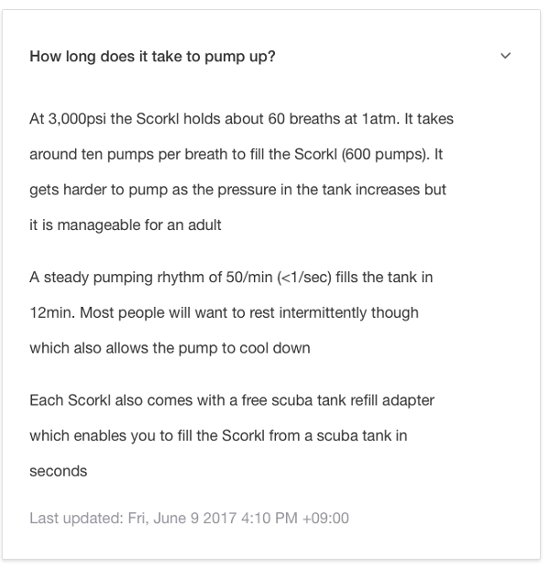
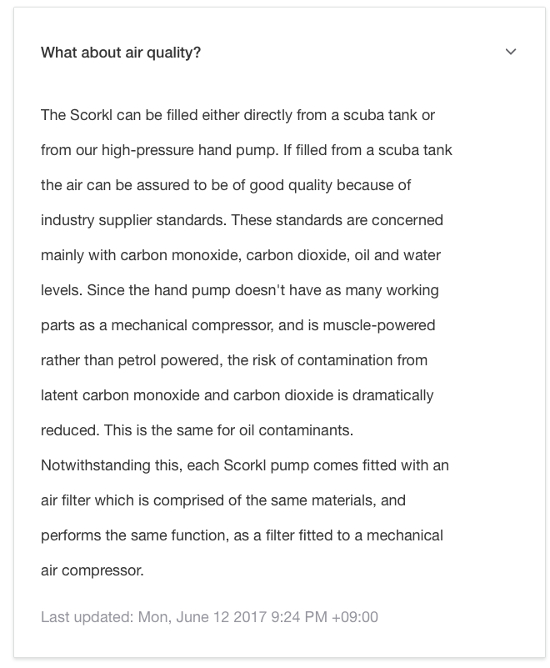
In conclusion, I find that this device, especially in the hands of ignorant morons, can cause great damage to their body and even death. It's not something to play around with.
Sincerely,
ScubaSteve
As an instructor i totally agree with your conclusion
I don't know what all the hoopla is about this product. It's been around since I started diving in the 80s. Back then we called it Spare Air. I think it is still in the market and looks almost identical. It is nothing more than an accident waiting to happen. I'm shocked that they haven't shut that site down. A bad idea by any other name is still a bad idea.